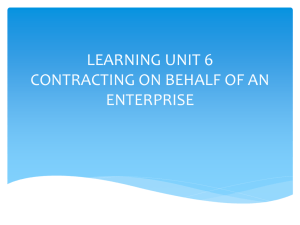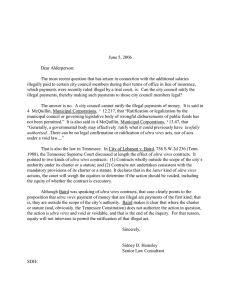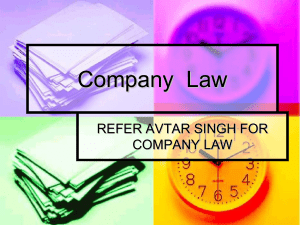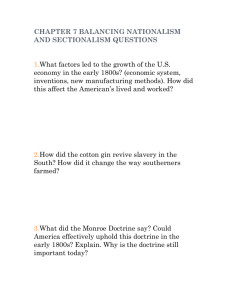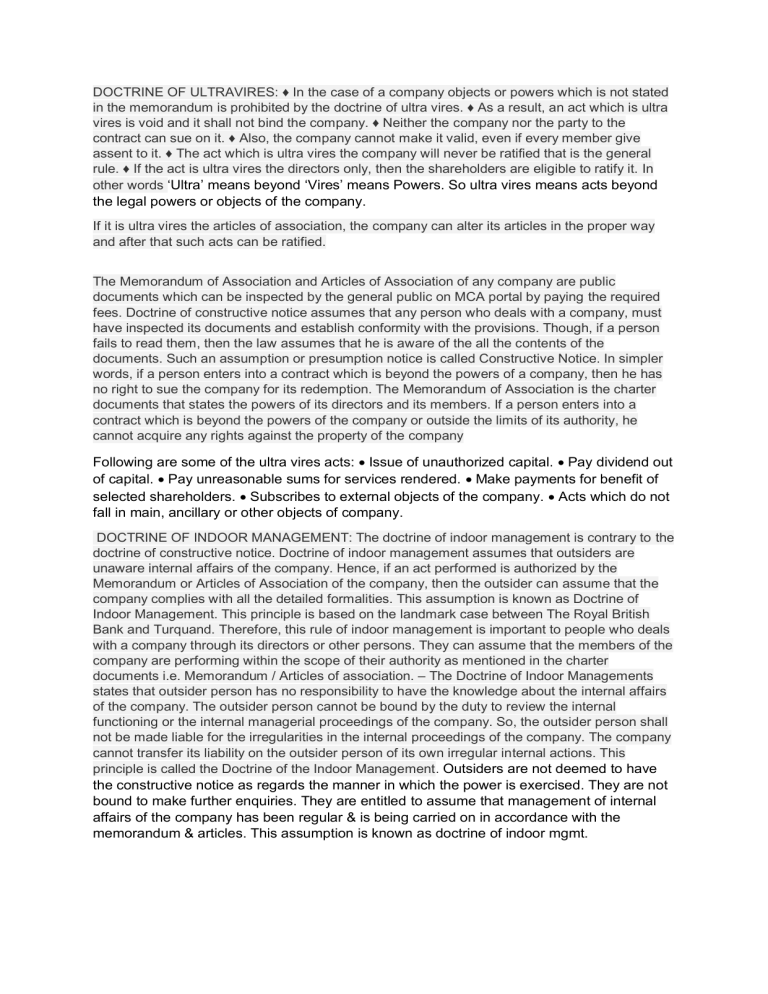
DOCTRINE OF ULTRAVIRES: ♦ In the case of a company objects or powers which is not stated in the memorandum is prohibited by the doctrine of ultra vires. ♦ As a result, an act which is ultra vires is void and it shall not bind the company. ♦ Neither the company nor the party to the contract can sue on it. ♦ Also, the company cannot make it valid, even if every member give assent to it. ♦ The act which is ultra vires the company will never be ratified that is the general rule. ♦ If the act is ultra vires the directors only, then the shareholders are eligible to ratify it. In other words ‘Ultra’ means beyond ‘Vires’ means Powers. So ultra vires means acts beyond the legal powers or objects of the company. If it is ultra vires the articles of association, the company can alter its articles in the proper way and after that such acts can be ratified. The Memorandum of Association and Articles of Association of any company are public documents which can be inspected by the general public on MCA portal by paying the required fees. Doctrine of constructive notice assumes that any person who deals with a company, must have inspected its documents and establish conformity with the provisions. Though, if a person fails to read them, then the law assumes that he is aware of the all the contents of the documents. Such an assumption or presumption notice is called Constructive Notice. In simpler words, if a person enters into a contract which is beyond the powers of a company, then he has no right to sue the company for its redemption. The Memorandum of Association is the charter documents that states the powers of its directors and its members. If a person enters into a contract which is beyond the powers of the company or outside the limits of its authority, he cannot acquire any rights against the property of the company Following are some of the ultra vires acts: Issue of unauthorized capital. Pay dividend out of capital. Pay unreasonable sums for services rendered. Make payments for benefit of selected shareholders. Subscribes to external objects of the company. Acts which do not fall in main, ancillary or other objects of company. DOCTRINE OF INDOOR MANAGEMENT: The doctrine of indoor management is contrary to the doctrine of constructive notice. Doctrine of indoor management assumes that outsiders are unaware internal affairs of the company. Hence, if an act performed is authorized by the Memorandum or Articles of Association of the company, then the outsider can assume that the company complies with all the detailed formalities. This assumption is known as Doctrine of Indoor Management. This principle is based on the landmark case between The Royal British Bank and Turquand. Therefore, this rule of indoor management is important to people who deals with a company through its directors or other persons. They can assume that the members of the company are performing within the scope of their authority as mentioned in the charter documents i.e. Memorandum / Articles of association. – The Doctrine of Indoor Managements states that outsider person has no responsibility to have the knowledge about the internal affairs of the company. The outsider person cannot be bound by the duty to review the internal functioning or the internal managerial proceedings of the company. So, the outsider person shall not be made liable for the irregularities in the internal proceedings of the company. The company cannot transfer its liability on the outsider person of its own irregular internal actions. This principle is called the Doctrine of the Indoor Management. Outsiders are not deemed to have the constructive notice as regards the manner in which the power is exercised. They are not bound to make further enquiries. They are entitled to assume that management of internal affairs of the company has been regular & is being carried on in accordance with the memorandum & articles. This assumption is known as doctrine of indoor mgmt.
